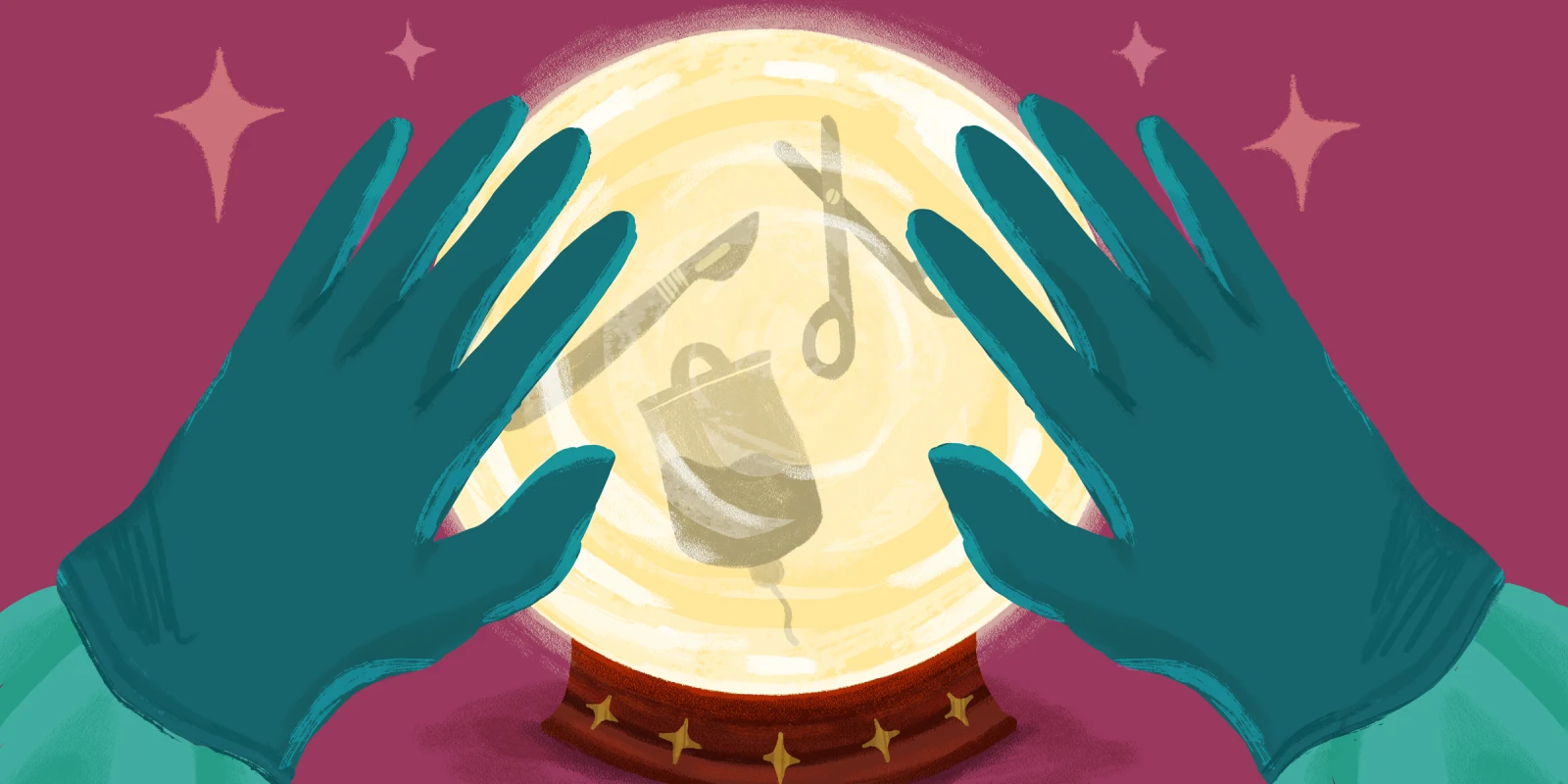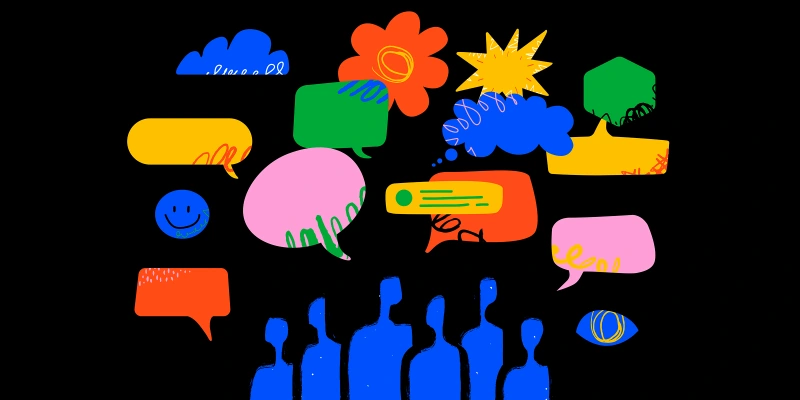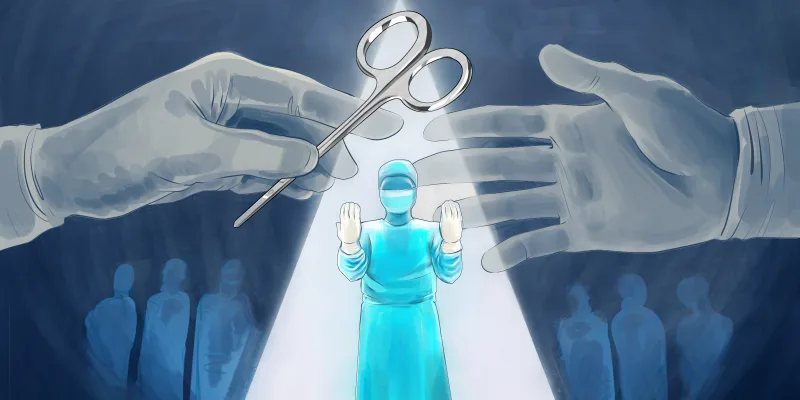So much of the early part of a career in medicine is dedicated to understanding the basic building blocks of science and memorizing disease processes and interactions and side effects. The goal is to deduce your way down to the right answer on a piece of paper or with a theoretical patient. Most people get really good at spitting back mnemonics and associations, but this is not the real-life everyday practice of medicine. Rather than rely on an intrinsic database of facts, you have to be present in the moment and combine that knowledge with the real-time information you gather with all five (and sometimes six) senses. The longer I’ve been a doctor, the more I've relied on the following senses to help guide me:
1) Sight. This one is pretty obvious. You look at patients when you examine them and note your findings. But beyond those clinical findings, I’ve found it important to look at the setting — the people around the patient, the way they are dressed. When you walk into the room, do you see family present, even if it’s before sunrise? That tends to be a good indicator that those patients will have support outside the hospital, too. Is there a half-empty bottle of Gatorade within arm’s reach of a patient who is supposed to be NPO? Maybe it would be a good idea to have another discussion about the importance of not eating or drinking lest the food go straight into their lungs. Is that a frying pan in a box that the patient brought with them to the clinic? They may need a little more time for discussion and help with care coordination.
2) Touch. So much of patient care involves touch, and you can gather so much information this way. Does that neck mass feel like a rock? Time to have a conversation about the likelihood of a biopsy showing cancer. When you perform a biopsy of a laryngeal mass and the tissue falls apart with little to no effort, another tick goes in the malignancy column. When you reset a nose, you feel the bones move back into proper alignment. When you palpate the neck of a patient in respiratory distress, you can make a pretty good guess how trying to perform an emergency tracheotomy on them is going to go.
3) Sound. The usefulness of hearing extends beyond listening to what patients are saying. As an ENT, this is one of my wheelhouse senses, so I am particularly attuned to it. Are family members speaking to the patient so loudly you can hear it outside the room? Safe to bet that the patient is hard of hearing. Does the person calling from the ER sound a little panicked? Time to walk a little more quickly and start running through plans A, B, and C in preparation for potential chaos. When seeing a patient for a voice complaint, I can guess with pretty good accuracy if one of their vocal cords is paralyzed within the first 30 seconds of talking with them. In the OR, I’m always listening to the reassuring beep beep of the monitors and on alert for the deepening tone of the beep, which indicates falling oxygen saturation.
4) Smell. There are a lot of smells in medicine, most of them not that pleasant but useful nonetheless. Every person who has ever worked in a hospital knows the smell of C. diff before the lab test comes back. Same goes for necrotizing fasciitis, a profoundly putrid smell that clings to your hair and clothes for days. Smelling that odor tells you immediately how sick that patient is or could become very quickly. At one point, dogs were being trained to smell oral cavity cancer, but I can tell you from personal experience that in many cases, the finely attuned olfactory senses of a dog are not needed to notice the characteristic smell of cancer that makes something in your primitive brain say, “Bad.” Patients who smell of freshly washed hair are probably feeling a little better. The smell of anesthetic gases wafting from under the drapes tell you the circuit is disconnected, before decreased volumes are noted on the ventilator.
5) Taste. Hopefully you never have to use this one. Tasting urine to determine if there is a high level of sugar is solely a gag used in fictitious medical shows.
6) The Sixth Sense. At some point, you develop a sixth sense. I call this my “Spidey sense.” It’s the feeling in your gut that tells you how worried you should be. The immediate sense of how critical a patient is when you first lay eyes on them. Your judgment on whether you need to call the OR on the way to the hospital to set up for a potential emergent case. The gut instinct to accompany a more junior resident to an airway call that turns out to be a true emergency. I don’t know whether this sense is a combination of all the others, a product of experience, or a combination of both. But it is the thing that can make a good clinician great.
As a surgeon, I've been taught the sequence of steps for procedures, the checklists to run before cases, the absolute indications or contraindications for surgery. But this black-and-white approach misses the shades of gray in between. Incorporating your gut instinct with book knowledge takes a cerebral exercise and makes it real. The full sensory experience of practicing medicine imbues a richness that keeps me coming back, even if it means getting to work before sunrise.
Was there a time you relied on your "sixth sense" in your medical work? Share your experiences in the comment section.
Heather is a fourth-year otolaryngology – head & neck surgery resident at the University of Kansas Medical Center. Her clinical interests include patient communication, medical education, and facial plastic and reconstructive surgery. Heather is a 2021–2022 Doximity Op-Med Fellow.
Illustration by Diana Connolly







